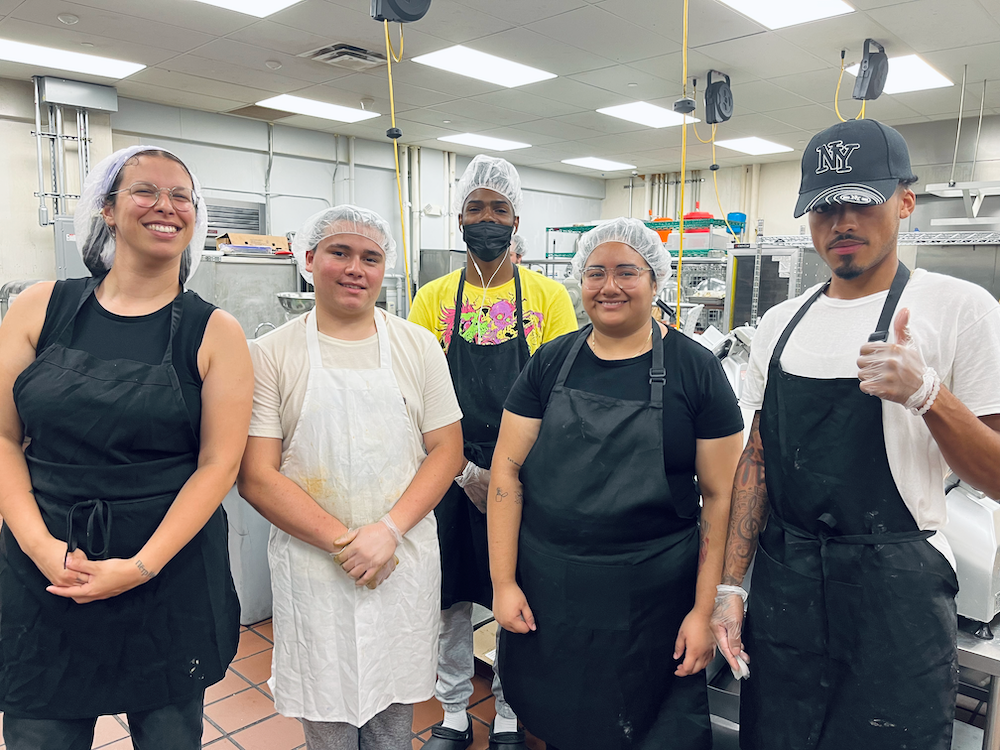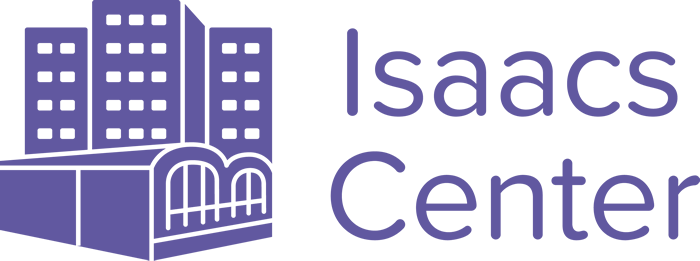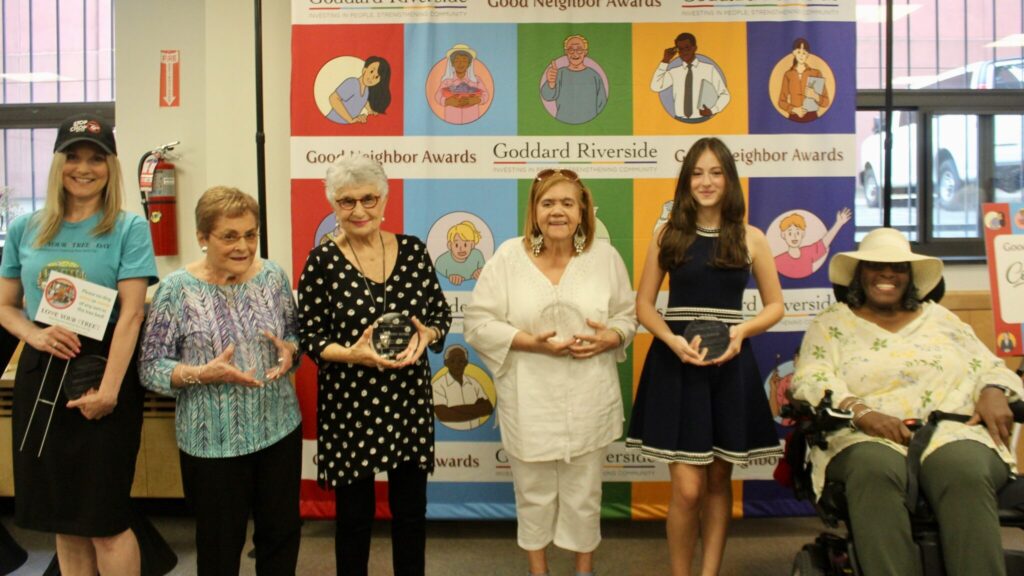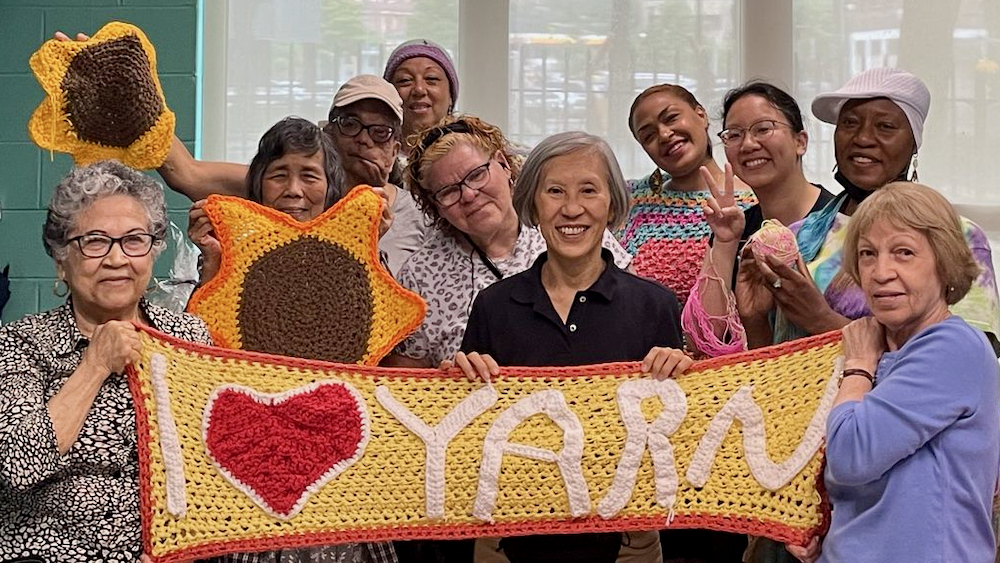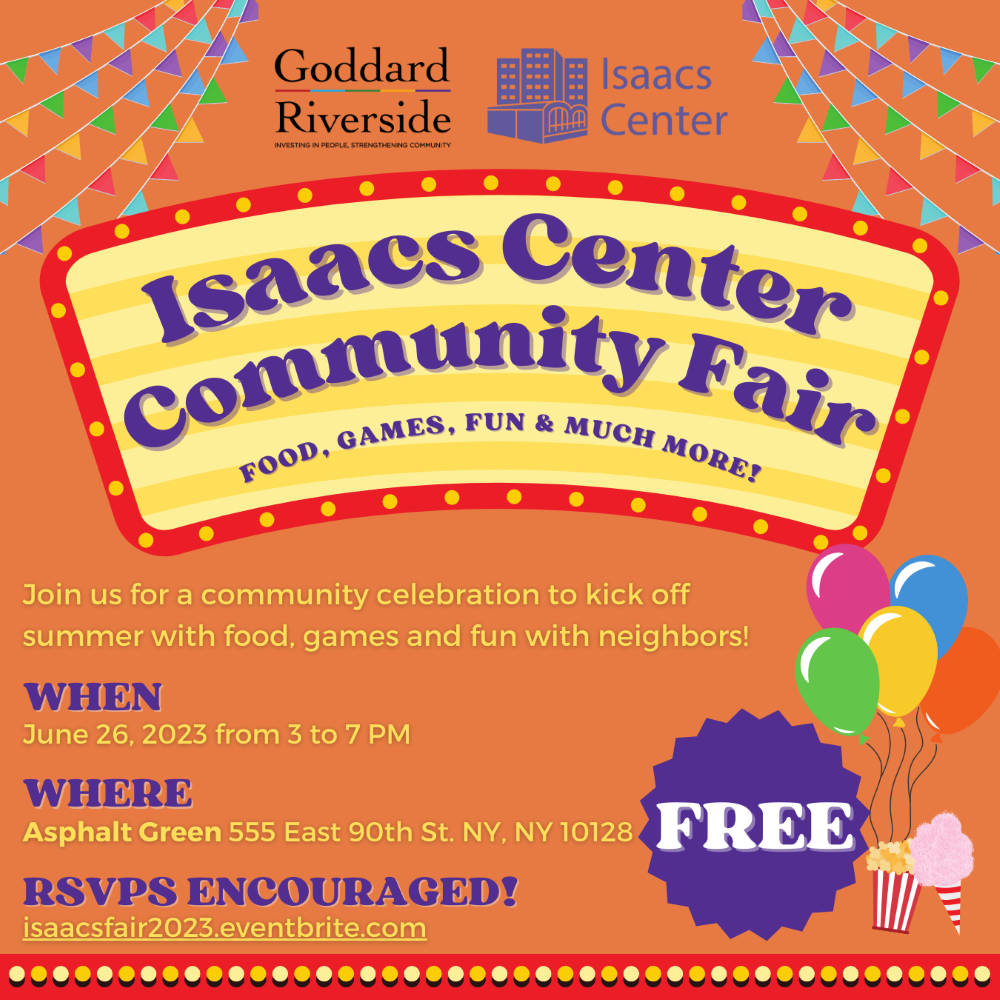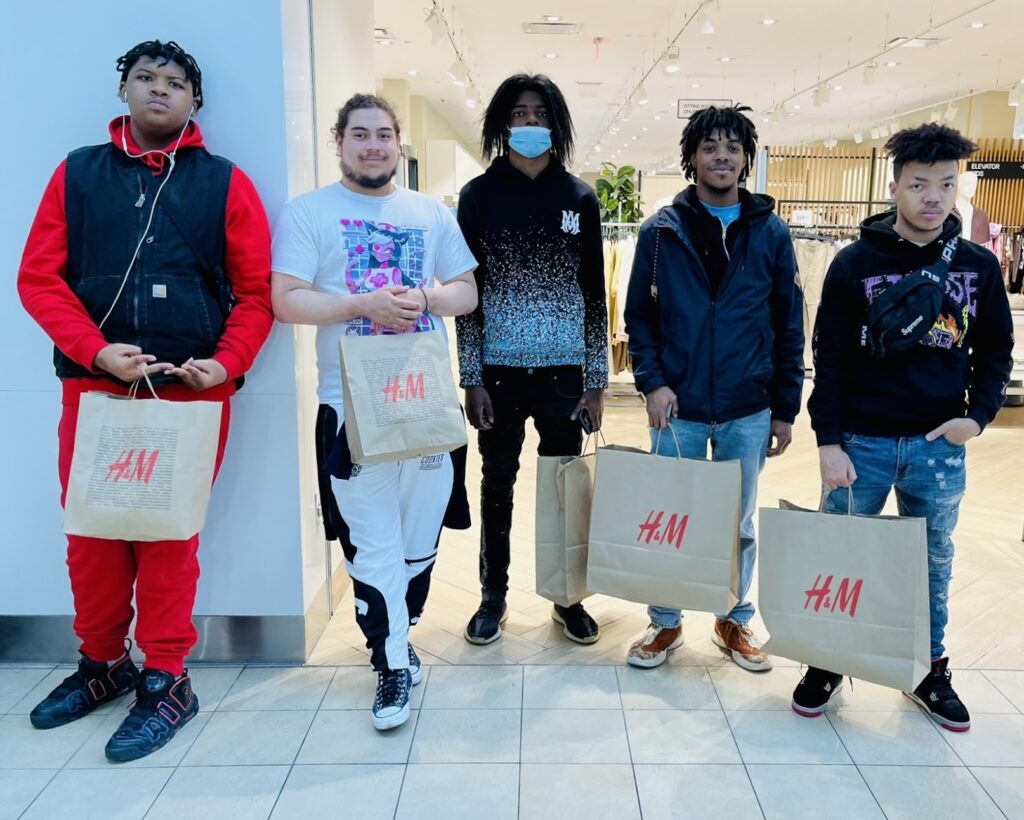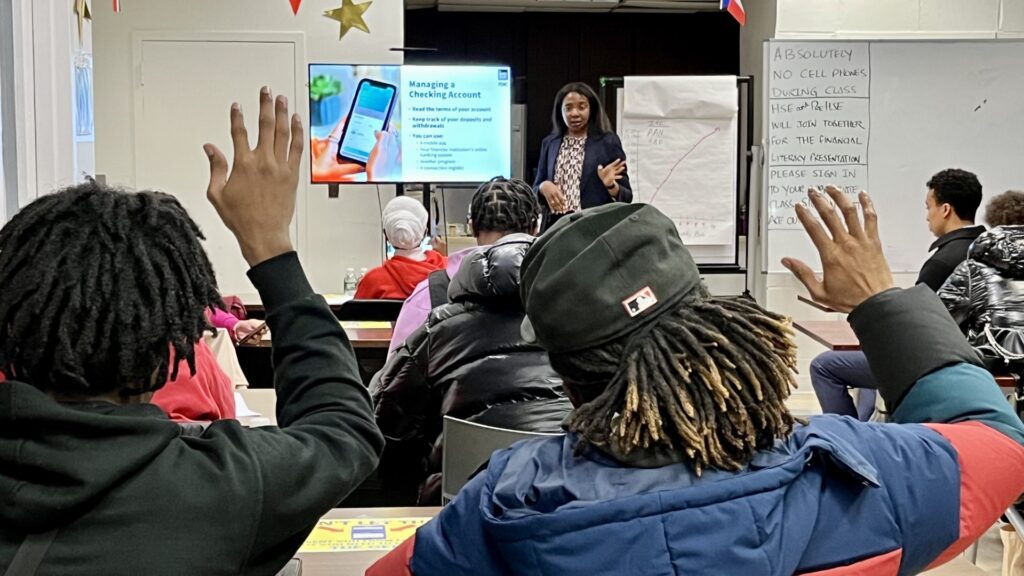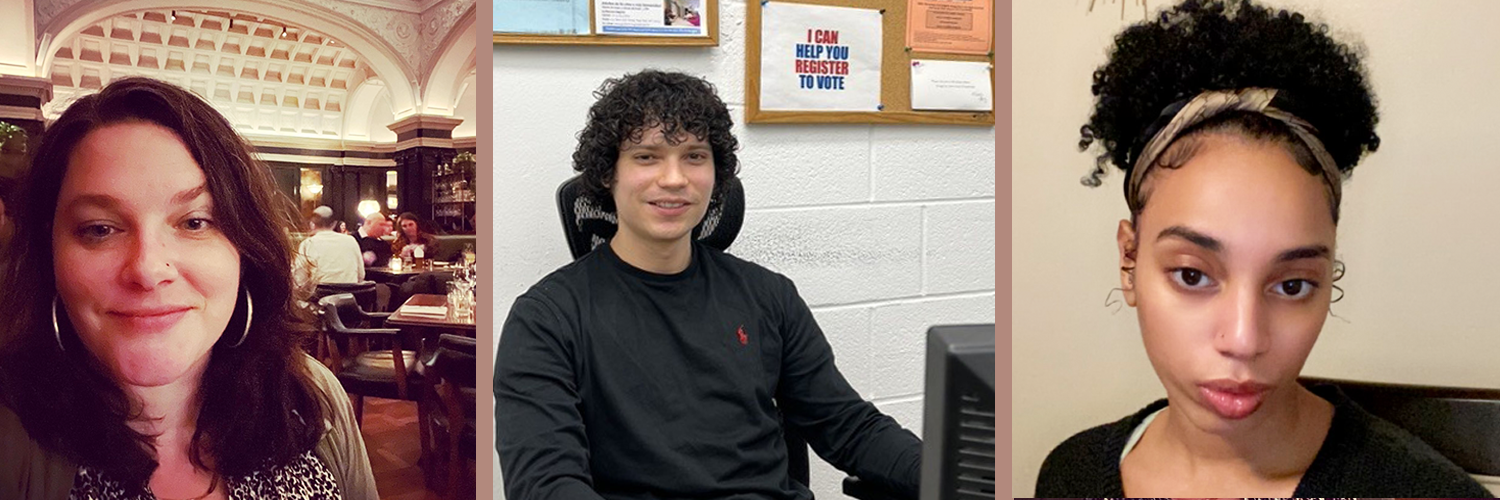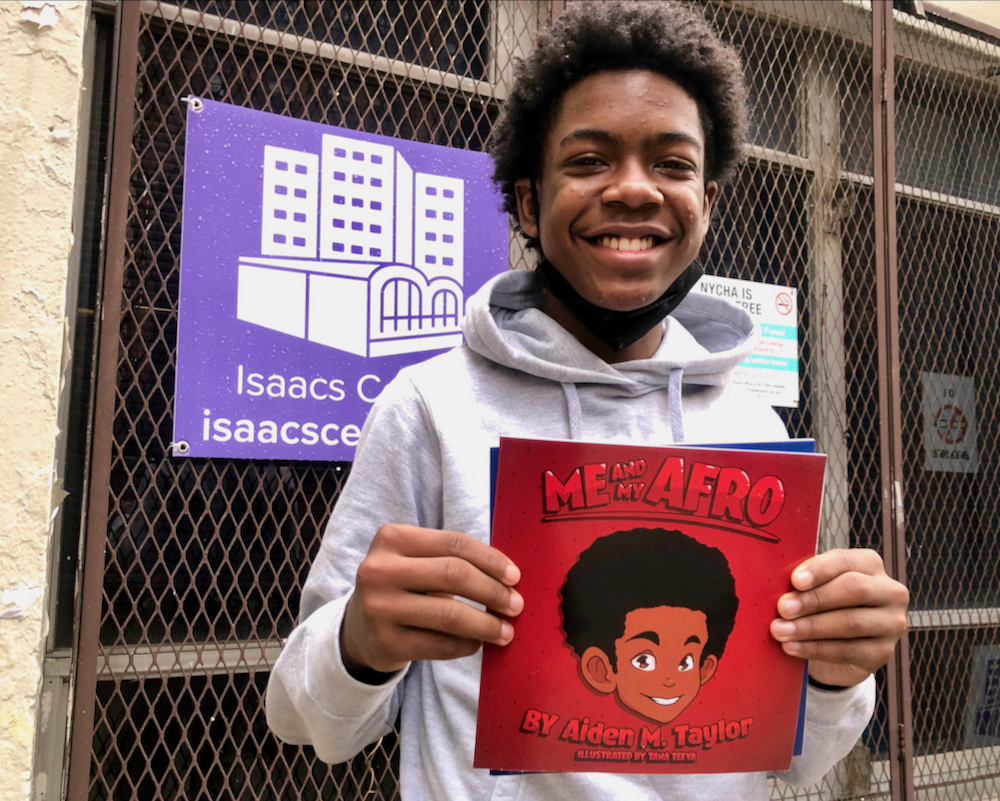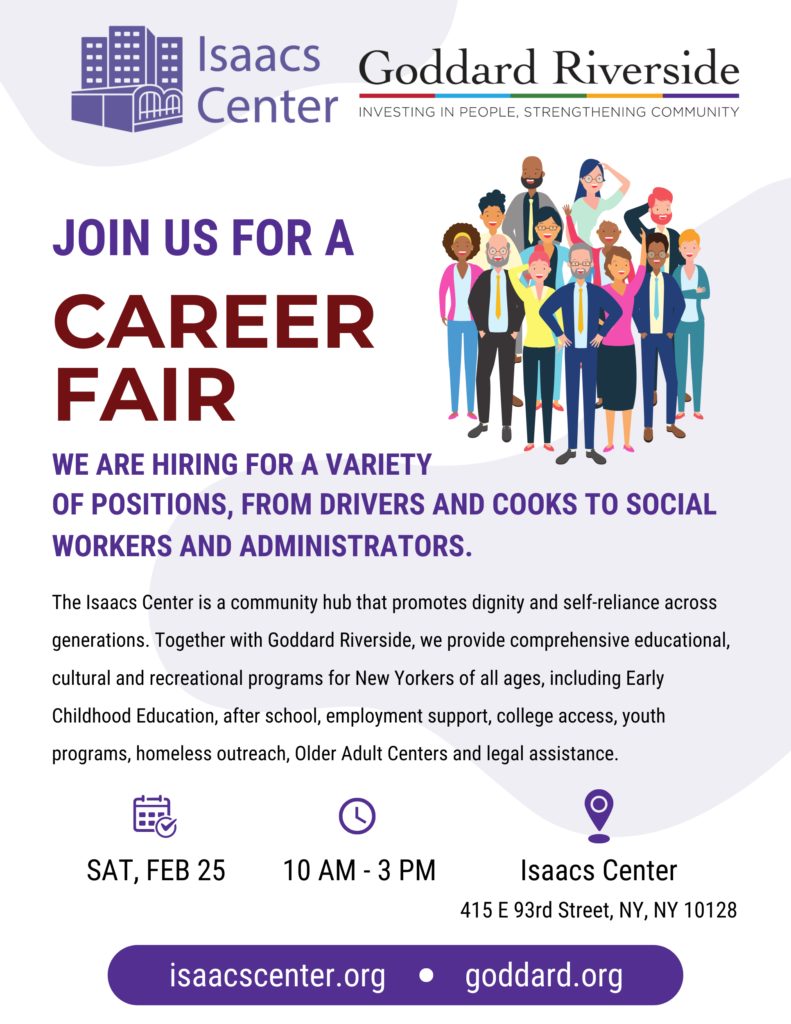A longtime Isaacs Center volunteer and three other Upper East Siders are among the six people honored with Good Neighbor Awards this year.
“This is a woman who constantly fights for her community. I want to say thank you for the constant work you do,” said Maribel Mejia, who runs one of the Isaacs Center Beacon programs, while introducing honoree Wilma Lorraine Johnson.
“My love for my community is a love for each and every person that I can help to smile or laugh,” said Johnson, who volunteers at our Older Adult Center and After School Program in addition to the Beacon. “Just think, if each one of us could give someone else some love, some joy and some peace, what a wonderful world this would be.”
Dorothy Reiss, a founding member of Friends of Webster Library, said the benefits of volunteering run in both directions. “I didn’t choose this life of volunteer work so much as it chose me,” she said. “It’s a gift to me.”
The awards are presented by our partners at Goddard Riverside and honor people in Yorkville, East Harlem, Harlem and the Upper West Side who invest significant time and effort to build a stronger community.
This year’s winners are:
Wilma Lorraine Johnson – for her volunteer work and community leadership. Lorraine has volunteered with the Stanley M. Isaacs Center at the Older Adult Center, After School Program, and Beacon for over 23 years. She is the President of the Stanley Isaacs Older Adult Center, and is currently serving on the advisory board of Metropolitan Hospital. At the Isaacs Center she regularly coordinates and leads free art events for all age groups, including art lessons, crochet activities, and making flowers out of recycled materials. She donates art materials, and has always been available to assist during community events. She is a community activist who continues to put her best foot forward and is involved in all aspects of the community.
Emma Justus – for her commitment to helping families facing cancer. While in the sixth grade at Wagner Middle School, Emma cofounded the charity organization Club Care, after her father was diagnosed with terminal glioblastoma brain cancer. Club Care’s mission is to support children and families dealing with cancer, and Club Care has created care packages for pediatric oncology patients at a local hospital, hand delivered staff appreciation gifts for the oncology team, created room makeovers for pediatric cancer patients, and more. Emma has worked throughout her time in middle school and high school to expand Club Care, and is working to open chapters across the country.
Melissa Elstein – for her volunteer work with housing, education and environmental advocacy on the Upper West Side. Melissa has been involved in community organizing for over 20 years, starting when she and several neighbors started the West 80s Neighborhood Association, which protected numerous historic brownstones and saved their tenants from eviction. In addition to serving as secretary of the West 80s Neighborhood Association, she is the cofounder/lead organizer of Love Your Street Tree Day and is the board chair and secretary of Stop the Chop NY/NJ, whose mission is to address the air and noise pollution caused by nonessential helicopters in the NY metropolitan area.
Dorothy Reiss – for her work with New York libraries and bookstores. Dorothy is one of the founding members of the Friends of Webster Library, which worked to get the library designated landmark status. In 2004, the Friends opened the Book Cellar, a used bookstore in the basement of the Webster Library, which collects and sells donated books from community members. Dorothy has been there for over 19 years and can still be found behind the cash register. Through the Book Cellar, she helped to raise over $1 million for branch libraries of the NYPL. That money has funded special projects at the libraries, buying computers, books, and most recently a selection of books called the Harlem Collection.
Carolyn Breidenback – for her longtime volunteer work with her local elementary school, PS 198. Carolyn has been volunteering at PS 198 for twenty years, coming in four days a week to serve as an assistant teacher, helper, and overall positive presence. She helps the PTA with fundraising and obtaining items for the school auction, encourages her friends and family to donate to the school, and, at 94 years old, she has seen four principals come and go during her time volunteering. Carolyn has a close relationship with the teachers, students, and school community, and is constantly trying to find ways to improve the school.
Margarita Curet Osorio – for her work representing the residents of Amsterdam Houses. Margarita held the position of president of the Amsterdam Houses Residents Association for over 16 years, and went above and beyond while representing over 2000 tenants who live in the development. She advocated for maintaining safety and cleanliness of the facilities, and held monthly meetings with presentations from local organizations. She also facilitated family days which, in addition to barbecuing and entertainment, included tabling by cultural and health organizations that presented information and sign-ups for residents, making programs and services more accessible to residents, and organized educational activities such as computer classes for tenants. She has also served as a board member of the Lincoln Square Neighborhood Center.
